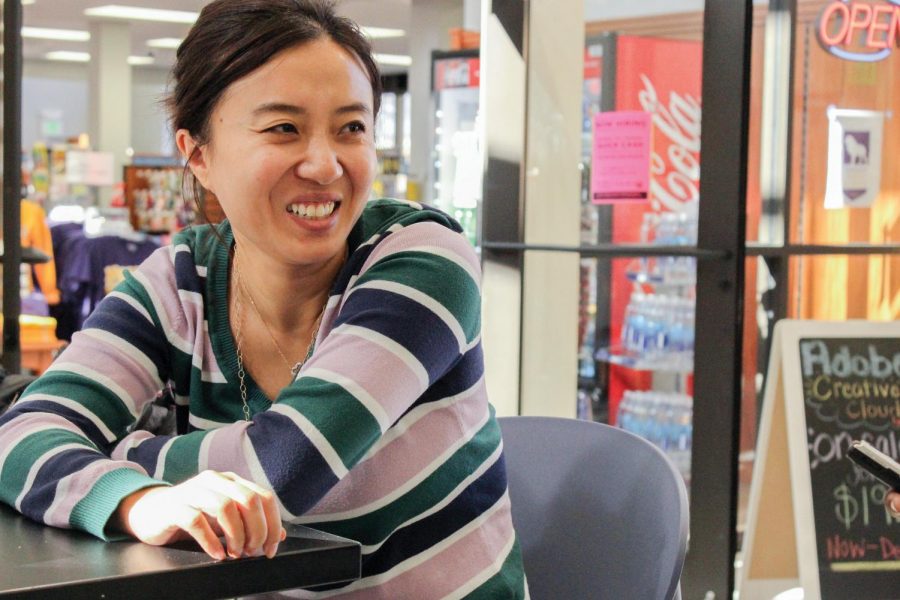Students, professors share Asian holiday traditions
December 4, 2014
“It’s not a religious ritual. There’s a certain idealism called Shintoism in Japan. It involves the belief that there are hundreds and hundreds of, I don’t want to say gods, but different gods in Mother Nature and they can exist in paper, in material objects, or even people. Different gods can exist in Mother Nature. So, on New Year’s Day, we pick up some material and show appreciation to those gods. We give thanks for the fortune they gave us. It’s celebrated on January 1. One thing that I do is clean my entire house on December 31.” – May Takeuchi, Professor of Sociology
“I celebrate Diwali. It’s like the celebration here for Christmas. It’s the biggest festival in India. It’s the day that our lord, Rama, came back to his kingdom. That’s why people became happy on that day and celebrated that festival. We blast fireworks. All of the houses are decorated — especially with lights. People give sweets to others on that day. In Alabama, we do the same things, but we all meet at a temple in Huntsville.” Diwali falls on the 15th day of Kartika on the Hindu calendar. This year Diwali occurred Oct. 23.
-Ashok Dhanda, Freshman
“I celebrate Chinese New Year. Everybody just kind of celebrates. My family can get together with cousins and grandparents and others. Normally, on New Year’s Eve, everybody goes to my dad’s family. So, we have a huge dinner, and of course we’re going to have dumplings. We watch TV and hang out. It starts at different times, because we have different calendars each year. Normally, it’s between January
and February.” Chinese New Year falls on the first day of the Chinese Calender. This year the holiday occurred Jan. 31. -Yan Li, English as a Second Language












